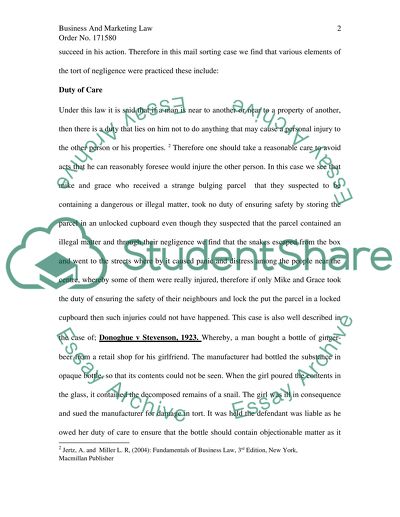Cite this document
(Law of Tort in Business and Marketing Case Study, n.d.)
Law of Tort in Business and Marketing Case Study. Retrieved from https://studentshare.org/law/1540880-business-and-marketing-law
Law of Tort in Business and Marketing Case Study. Retrieved from https://studentshare.org/law/1540880-business-and-marketing-law
(Law of Tort in Business and Marketing Case Study)
Law of Tort in Business and Marketing Case Study. https://studentshare.org/law/1540880-business-and-marketing-law.
Law of Tort in Business and Marketing Case Study. https://studentshare.org/law/1540880-business-and-marketing-law.
“Law of Tort in Business and Marketing Case Study”, n.d. https://studentshare.org/law/1540880-business-and-marketing-law.


